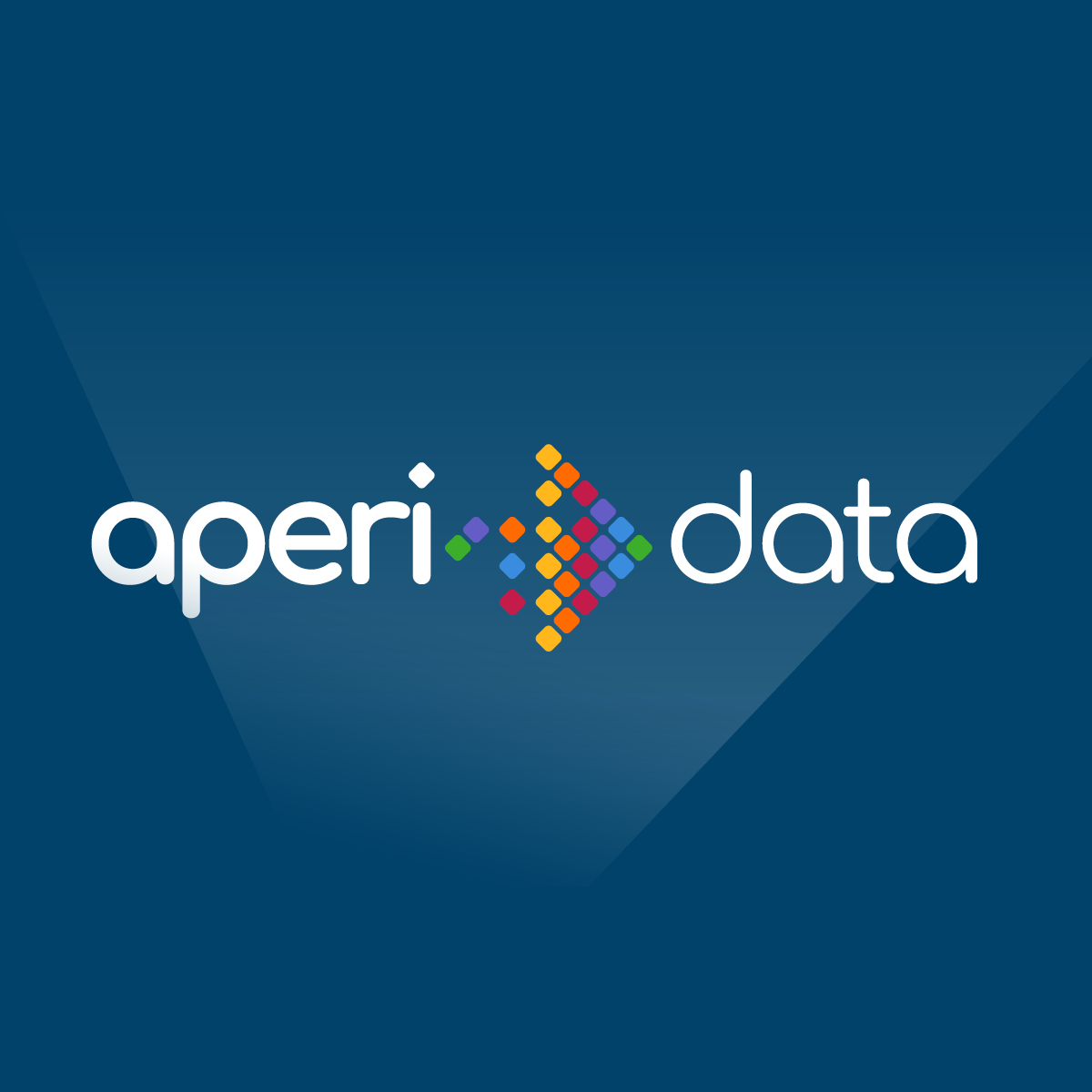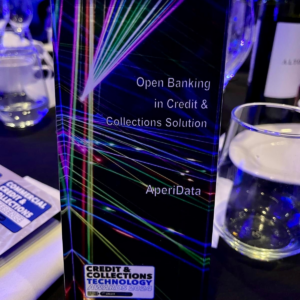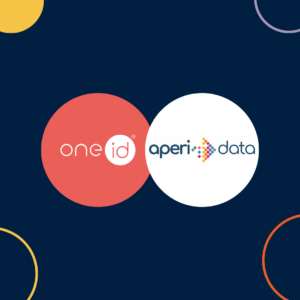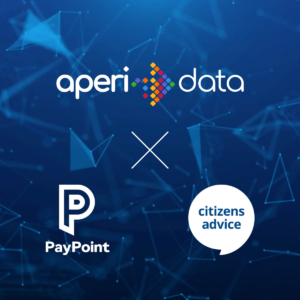As noted in the Financial Conduct Authority’s Call for Input, released in November 2019, the UK has led the way internationally in the development of Open Banking, tailoring transactions to each individual consumer and enabling lenders to obtain crucial financial insights into their customers. The epicentre of innovation in these modern financial times, Open Banking now looks to pave the way for Open Finance.
What is Open Finance?
Open Finance is the extension of Open Banking-like data-sharing and third-party access to a wider range of financial sectors and products. The difference is that where Open Banking allows access to core banking and savings products to view transactional level data, Open Finance takes the evolutionary step of providing access to all banking products.
With information on loans, mortgages, and pensions (plus other financial products) all becoming available, the opportunities to utilise this vast, rich data supply are endless. Individuals giving third parties access to this data can expect bespoke, tailored product offerings unique to their profile. Knowing the rate of a consumer’s mortgage and the end date of any fixed term aspect will also allow lenders to compete, by offering better rates at the right point in time.
Open Finance aims to deliver a transformational experience to consumers, while allowing lenders to make better-informed decisions through the use of APIs.
How does Open Finance work?
Open Finance will harness the data already obtained via Open Banking and allow new market entrants to develop competing services, in turn giving the individual consumer a more bespoke experience and, therefore, a better deal.
The three key components of Open Finance are as follows:
- The individual can easily view and manage all of their transactions and physically see where their money is going.
- Across the board comparison is much easier, keeping the market competitive and ensuring that it’s not just the big banks that hold all of the power.
- Lenders are able to assess an individual consumer’s circumstances when it comes to services such as mortgages and loans, in turn offering a tailored product and protecting any vulnerable individuals.
Providers offering Open Finance services will use one, two or three of the above, depending on their specific style and whether they belong to any niche markets.
The way this data is seen and analysed is made possible by providers using an API.
What is an API and how is it relevant to Open Finance?
An API, or Application Programming Interface is a way for two systems to communicate through a set of rules and protocols. A real-time, on-demand connectivity mechanism, an API helps to create intelligent workflows and chase up targeted opportunities. In simple terms, an API is the connection between all providers and consumers that engage with Open Finance, and therefore plays an integral role in creating a streamlined, efficient experience for all parties. An API is invaluable when it comes to the infrastructure of this new financial frontier.
What are the benefits of Open Finance?
Open Finance has the potential to transform the way consumers and businesses use and interact with financial services. The perceived benefits of Open Finance are:
- Quicker and easier access to product comparisons for consumers
- A more efficient process when consumers want to switch a product or provider
- Improved access to advice and product support
- Businesses and consumers have greater control over their financial data
- Open Finance allows businesses and consumers to make better financial decisions
- It encourages innovation, making for a more efficient and capable market
How safe is Open Finance?
Open Banking was a Government-led change set up by the Competition and Markets Authority, and is fully regulated by the Financial Conduct Authority. With regards to data protection, many stipulations have been implemented in order to protect the individual, businesses, and their personal data.
These stipulations include the General Data Protection Regulation (GDPR) and the recently revised PSD2 (Payment Service Providers Directive – Revised).
The future of Open Data
As we have already seen with Open Banking, it is inevitable that this new technology curve is one worth getting ahead of. Markets that the FCA anticipates most likely to change in the near future include savings, credit, mortgages, pensions, insurance and investments. In all of these cases, Open Data should shake up the ‘loyalty penalty’ that many businesses and individuals suffer as a result of sticking with one provider, and create an efficient ecosystem for all.




